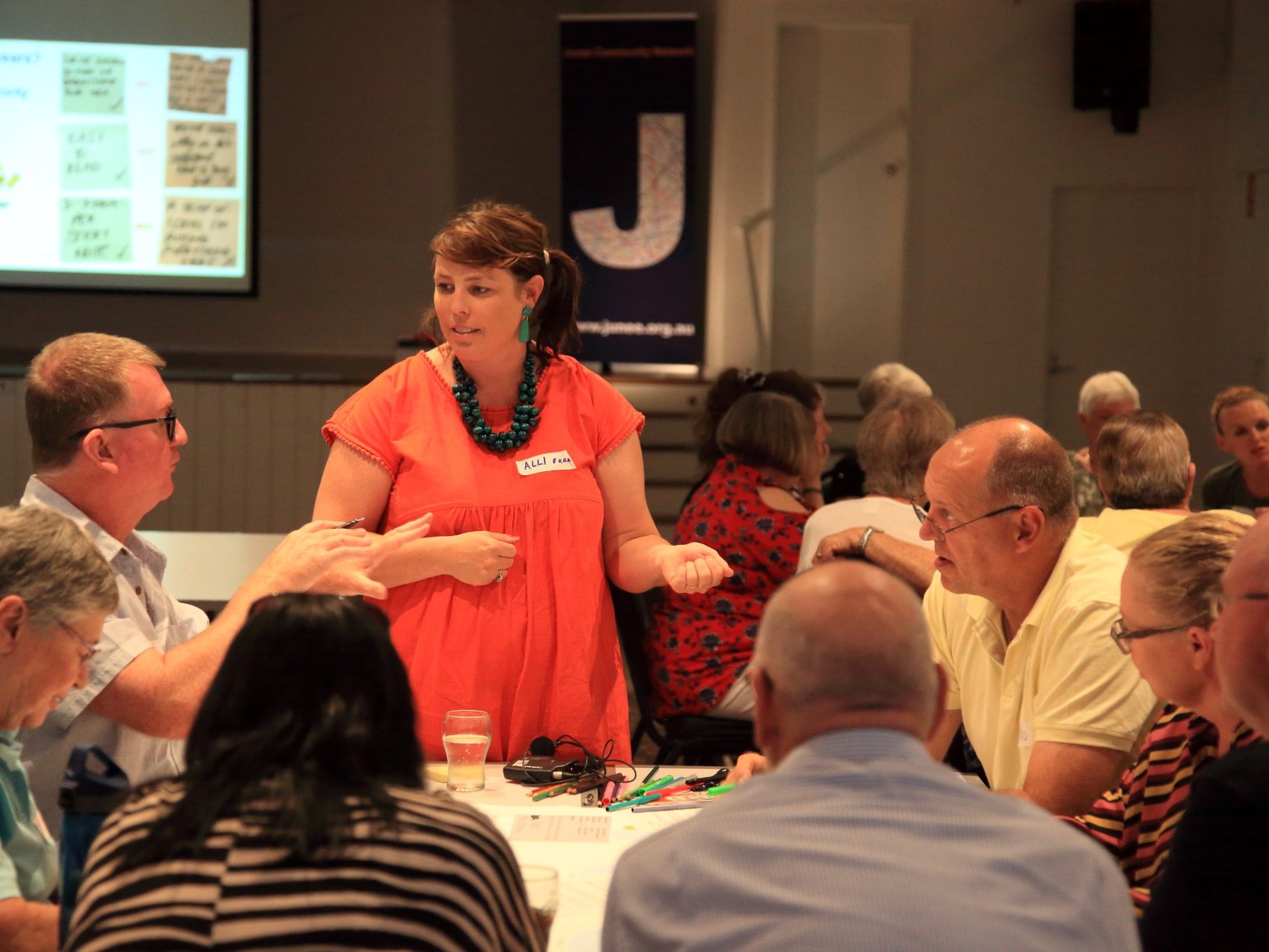Insights Thought leadership: 10 February 2022
By Alli Mudford, People Portfolio Lead
The past few years, and especially 2021, have seen Australia’s remote, rural and regional communities hit by multiple disruptions, with successive events overlayed with relentless lockdowns. To quantify the impact of these disruptions on rural Australia, FRRR undertook a survey to see how these events had affected the local organisations, the ‘Heartbeat’ of rural communities.

Not surprisingly – at least not to us – the Heartbeat of Rural Australia study found that these locally-led community groups – more than half of which are entirely volunteer run – play a critical role in the vitality of these communities. Nearly 90% play an economic role and virtually all play a crucial role in the social and cultural life of the town.
So, when 30 percent of the 640 respondents report that they are deeply fatigued and others report exhaustion, or at worst, are simply burnt out, it is sobering.
The Heartbeat study revealed an overall decrease in volunteering in communities, at a time when it’s 75 percent harder to attract and maintain people in volunteer-based organisations, leaving the bulk of the work to the ‘stalwarts’ – the ‘stayers’ – to keep these critical local organisations ticking.
The report also found that since the beginning of 2020, the biggest change for volunteer-led organisations is less capacity, with nearly one third reporting reduced volunteer hours. A decrease in ‘incidental’ volunteering was also apparent – most likely attributable to a decrease in volunteer-run events such as the local ag show, music festivals and performances, many of which have struggled to proceed due to COVID-19 restrictions. The report also found that many community groups are now pondering if the events themselves will survive, and whether the people that are usually involved and volunteer their time to make them happen will still be around, if and when they get back up and running.
As one respondent in Rural Tasmania said, “All organisations we talk with are finding that modern life leaves many people too time poor to contemplate volunteering.”
So, are there any silver lining for Australia’s rural regions?
Well, we are seeing more rural migration, with city folk making the move to greener pastures – for a tree change, sea change, farm change. These big life moves in this disruptive period are possible with the support of flexible work conditions – the ability to work from home, work part-time hours, and in some areas, be supported by strengthened digital connectivity (although that is not the case everywhere!).
The Heartbeat of Rural Australia Report found that 38 percent of new volunteers are people who have migrated from larger town/cities. So, that has me wondering if this is in fact a ‘volunteering revolution’ and not the ‘great resignation’?
The ‘great resignation’ is certainly having a moment. However, I’m curious about how it is manifesting in Australia and what impact it will have on our rural communities, as we see people reflect, evaluate, and respond to their core values and their work life, as part of this cultural shift.
Is this the catalyst that rural communities need to be able to reflect and process these hard times and to move forward with a new ‘normal’?
For rural not-for-profits, is the emerging trend of regional migration going to open the door to a new and skilled workforce, with people choosing to work for a more values-aligned, impact-driven, community organisation? And therefore, perhaps, more local volunteers?
Interestingly, despite these willing volunteers and the well-documented challenges of recruiting paid staff, we are seeing an increasing number of not-for-profit organisations navigating their new ‘normal’ and seeking funds to invest in paid resources. The aim is to alleviate the burden on volunteers throughout this difficult period, while continuing to build organisational capacity. These paid positions are generally part-time, flexible roles that employ local people from either within the organisation itself or, in some cases, local skilled contractors. The latter could well be those same people new to town and are also willing to volunteer.
If we are seeing a change in the types of people who are volunteering, it begs the question of how volunteer-based organisations should respond and envelope this new workforce into their communities with welcoming and supporting arms. Because the study found that isn’t always the case.
Locally-based organisations may need to recognise that while these new volunteers don’t necessarily come with the local knowledge or content, they bring different skill sets, time, energy and a deep desire to belong to their new place of their choosing.
Some groups are doing it well. For example, in Leeton, the Rotary Club, in partnership with the Roxy Theatre, has seized the moment and invested funds from FRRR to build a Volunteer Bank that seeks to harness the skills of locals – from parking attendants, to caterers, and costume makers and all those in between. It is envisioned that the Volunteer Bank will have the capacity and human resources that can be called on for local events, productions, and fundraising.
So, perhaps the ‘great resignation’ is actually less about dissatisfaction, and more about keeping things simple; spending time doing what you love with who you love; investing in yourself; perhaps growing a side hustle; but, above all else, spending time wisely and consciously.

